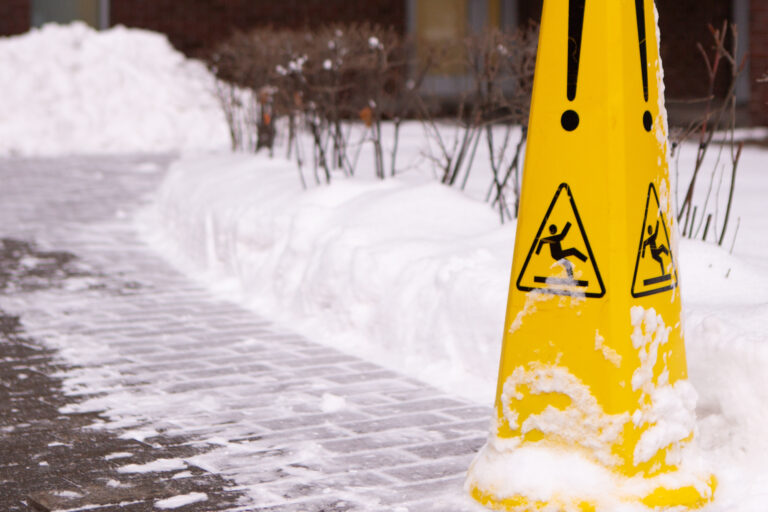This past July the Michigan Supreme Court decided that in premises liability cases a jury will get to decide if a defendant has breached their duty to public safety. Prior to this ruling, a person with average intelligence was expected to discover potentially dangerous conditions through casual observation. Meaning that property owners had no obligation to maintain or warn of possible dangers.
The Court noted that implicit risk is a question for a jury, regardless of whether a plaintiff is comparatively or even entirely at fault for their own carelessness. This decision is wonderful for plaintiffs, as many have suffered personal injuries because of property owner negligence. There is an expected increase in case filings as cases can no longer be barred from reaching a jury, especially in slip and fall cases that involve snow and ice. The new litigation will also force property and business owners to upkeep public spaces.
Some business owners are fearful of being wrongfully sued for plaintiff carelessness, but that’s where comparative fault comes into play. Michigan’s comparative negligence law reduces a victim’s suffering compensation and economic damages by the amount said victim is at fault. For example, if a victim is zero percent at fault, they will still receive the full amount awarded for injuries.
However, if a victim is more than fifty percent at fault, they will be prohibited from collecting pain and suffering compensation. In an instance like such, the plaintiff will only be able to collect on behalf of economic loss. The total awarded will then be reduced by the court determined percentage the victim was at fault.
Have you or a loved one suffered injury from an unkept or dangerous premise? Contact the Oliver Bell Group today and let us acquire justice on your behalf.




